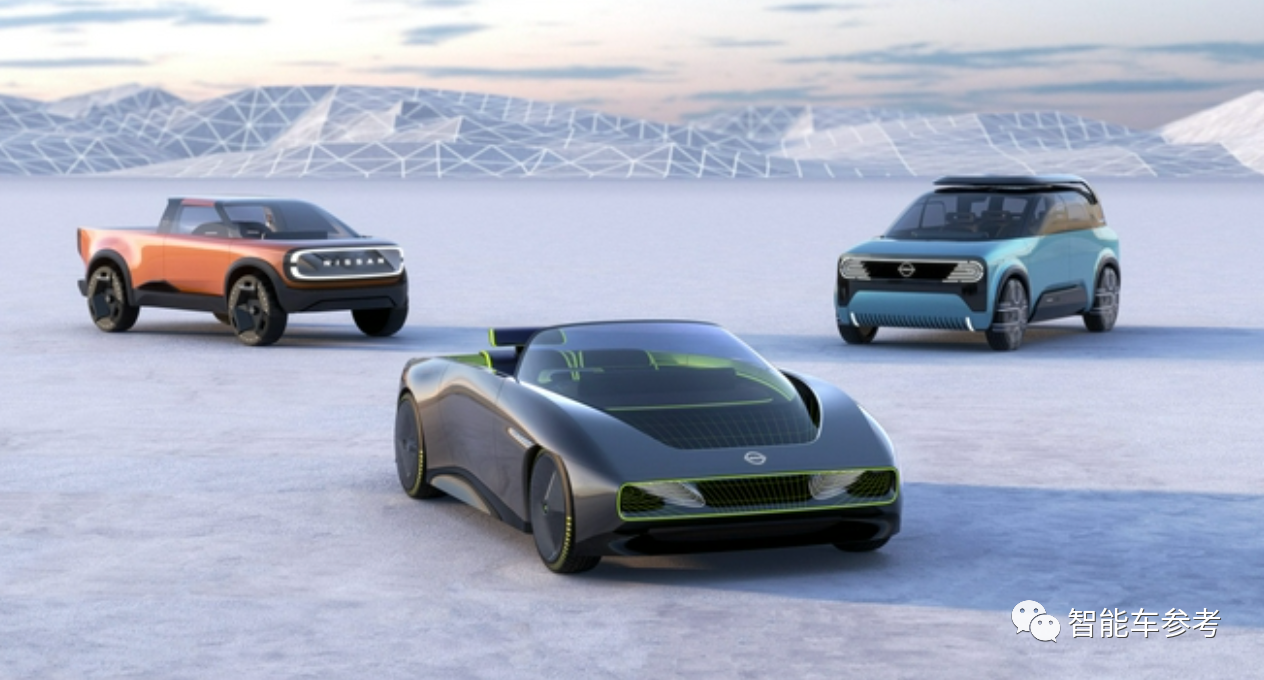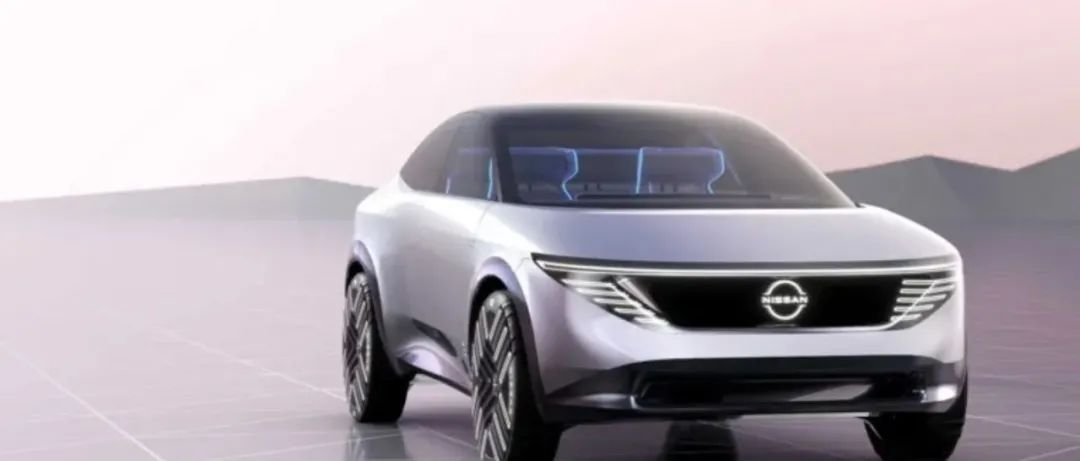Nissan Follows Audi and Volkswagen to Cease New IC Engine Development
Japan’s car giant Nissan has announced it will no longer conduct new internal combustion (IC) engine research and development, following Audi and Volkswagen earlier. The funds for IC engine research and development will be invested entirely in electric vehicle development projects. Nissan’s IC engine research and production team will also be re-adjusted to be responsible for electric-driven research and development. Therefore, Nissan became the first of Japan’s three auto giants to eat the crab.
What Nissan Says
Another traditional automaker says goodbye to internal combustion engines. According to the NIKKEI news reported, Nissan, one of Japan’s three auto giants, announced that new IC engine development projects in all major markets except the United States would be suspended. Given the special needs of the U.S. market for pickups, Nissan will retain limited pickup engine development projects in the United States. Before that, Nissan announced in 2018 to stop developing diesel engines and to concentrate resources on the field of electric vehicles. Therefore, Nissan became the first of Japanese automakers to make this decision.

Nissan said that the suspension of IC engine development does not mean that Nissan will abandon IC engines entirely. Nissan will continue to improve existing IC engines. At the same time, Nissan will continue to develop oil-electric hybrid engines. It is reported that Nissan’s annual R&D expenditure is about JPY 500 billion, equivalent to about RMB 27.557 billion, most of which is used for engine development and new vehicle development projects.
Now, the part of R&D funds that was originally used for IC engine development will be entirely invested in electric vehicle development and other new technologies.

Regarding personnel, Nissan disclosed that the IC engine research and development and production personnel will be retained and re-arranged to the electric vehicle drive system and hybrid engine department for a period of time. Compared with other Japanese automakers or other traditional automakers, Nissan’s “electric shock” turnaround lags behind half a step. But why did it take the lead in cutting new IC engine development this time?
Why Stop IC Engine Development?
Nissan stopped IC engine development ahead of “two Toyota,” and there are two reasons behind it:
First, it is closely related to the tightening of gasoline vehicle emission regulations in the world’s major markets. For example, in Europe, which is one of the world’s major auto markets, the EU began to establish the Euro 7 emission standard last year.

According to the letter from the Industry of Euro Seven Emmissions addressed to the European Commission, the Euro 7 emission standard is even stricter than Euro 6.The two new regulations are as follows:
Vehicles’ nitrogen oxides (NOx) will be reduced to 30 milligrams per kilometer.
Carbon monoxide emissions will be reduced from 500-1000 milligrams per kilometer to 100-300 milligrams per kilometer.
According to public information, the new Euro 7 emission standard will be implemented as early as 2025.
Nissan has stated that the cost of developing a new combustion engine that complies with Euro 7 regulations is already too high to be acceptable.
In addition, China’s current National VI emission standard stipulates that carbon monoxide emissions must not exceed 500 milligrams, which is close to the Euro 7 standard.
There were even rumors last year that National VI had arrived and that National VII would not be far off, possibly starting implementation in 2025, with further emission requirements expected to increase.
Although it is only a rumor, it is not groundless. Given the speed of changes in relevant regulations in China, 2025 is a credible timeline.
In 2021, Nissan’s global sales were approximately 4 million vehicles, with nearly half of those sales coming from the Chinese and European markets.
Under these circumstances, developing hybrid engines with lower emissions or going all-electric is undoubtedly the best option.
However, the design and implementation of a brand new hybrid drive system from scratch takes time.
Taking Great Wall Motors as an example, the Lemon DHT hybrid system was approved in 2018, officially unveiled in December 2020, installed in production cars at the beginning of 2021, and took more than three years to complete.
If we add the time required for mass production and capacity improvements, this process is likely to take even longer.
From the perspective of product development cycles and emissions standards in major global automotive markets, abandoning internal combustion engine development and focusing on hybrid and electric systems leaves Nissan with very little time.
Furthermore, halting internal combustion engine research and development is the result of Nissan’s current business situation and its electrification strategy.
According to financial reports, Nissan has been in a period of business contraction since 2018 and recorded a staggering loss of 1.12 trillion yen (equivalent to RMB 617.47 billion) from 2019 to 2020.
In 2021, Nissan managed to turn the situation around and return to profitability, but the company is still relatively short on cash.
On the other hand, Nissan, which has just recovered, has launched its electrification strategy at the end of 2021, albeit late.
The core of Nissan’s plan is its product matrix: the company plans to launch 20 all-new e-POWER hybrid and electric vehicles within the next five years, and 23 all-new electric vehicle models within the next ten years. However, the core of the plan lies in the significant investment that Nissan plans to make. In the next 5 fiscal years, Nissan will invest ¥2 trillion ($18.4 billion) in new energy cars and intelligent driving technologies.
This massive investment, coupled with Nissan’s current situation, places a significant amount of pressure on the company. To achieve its promises, Nissan plans to cut projects that are bound to be phased out in the near future, such as the development of internal combustion engines. By focusing limited resources on the future, Nissan has made an excellent choice.

Nissan stopping internal combustion engine development is a trend that is in line with a growing trend. According to data from British research company LMC Automotive, 67.5 million gasoline vehicles were sold globally last year, fifteen times the number of electric cars. However, the sales volume of electric vehicles is expected to surpass gasoline vehicles by 20% by 2033, when it is expected to reach 46.98 million units. This means that the electric vehicle market will grow ten-fold within the next twelve years.
Nissan is not the only automaker responding to this trend; many companies have already taken the first step, saying goodbye to the internal combustion engine.
What do we make of this?
European automakers are trendsetters when it comes to saying goodbye to the internal combustion engine. In March of last year, Audi CEO Markus Duesmann stated in an interview with the media that the company would no longer develop new internal combustion engine projects, only refine existing ones. The reason for this decision was also the Euro 7 emissions standard.

Volkswagen CEO Herbert Diess also announced publicly shortly thereafter that Volkswagen had no plans to develop new internal combustion engines, and the company’s focus would instead shift entirely to electric vehicles.
Last year, South Korean automotive giant Hyundai was also rumored to be shutting down its internal combustion engine research center at Hyundai Group’s headquarters and would not launch any new internal combustion engine models afterward. This was followed by extensive personnel restructuring, with Hyundai’s powertrain team being reorganized into an electrification research team.
Although most automakers have not explicitly stated that they will stop internal combustion engine development, they have instead brought out their own timeline for electrification transformation. For example, Mercedes-Benz, a pioneer of the internal combustion engine era, announced its “most aggressive electrification strategy ever” in July of last year, achieving full electrification by 2030.
However, the trend of stopping the research and development of internal combustion engines seems to have not yet blown into China.
Last year, Chinese domestic brands such as Great Wall, Changan, and Chery have all announced their engine development plans.
For example, Great Wall’s Honeycomb Power 3-year, 23-model engine development plan includes gasoline and diesel engines.
Even BYD, which is labeled as a new energy vehicle manufacturer, once said publicly: “There is currently no plan to stop internal combustion engine research and development.”
So, who do you think will be the first domestic car company to abandon internal combustion engines?
Reference link:
https://asia.nikkei.com/Business/Automobiles/Nissan-to-end-most-development-of-new-gasoline-engines
- The End –
This article is a translation by ChatGPT of a Chinese report from 42HOW. If you have any questions about it, please email bd@42how.com.
